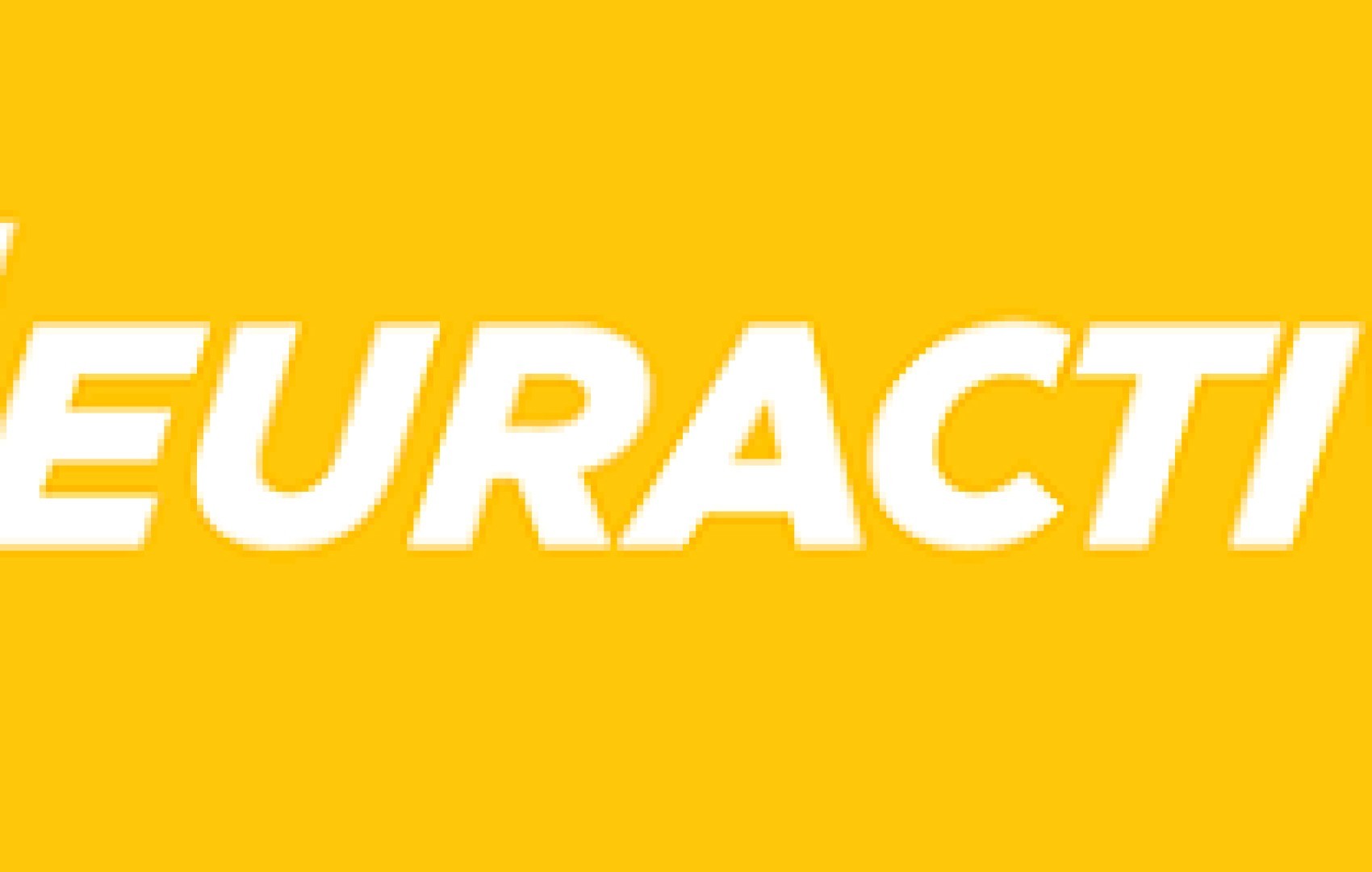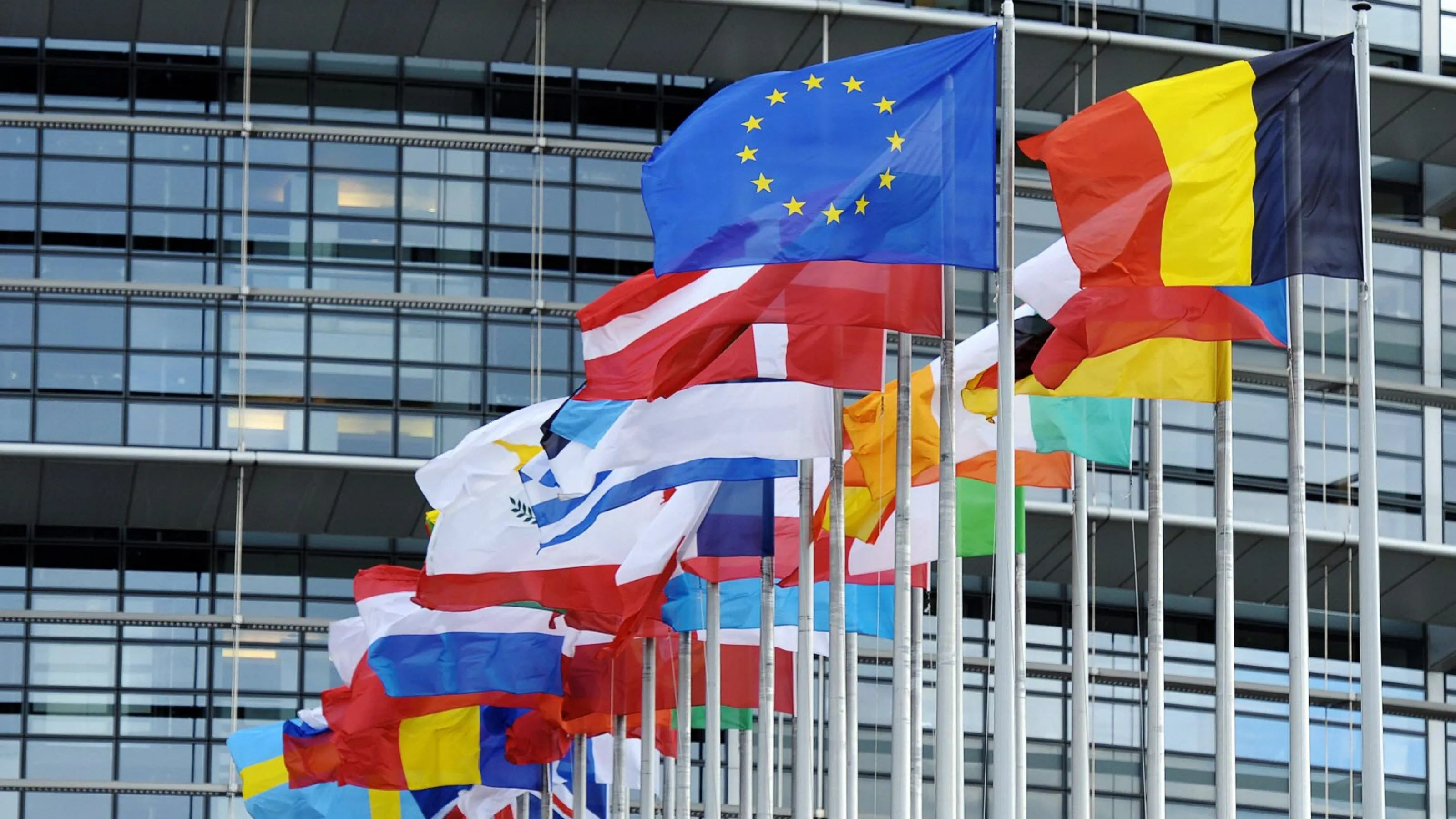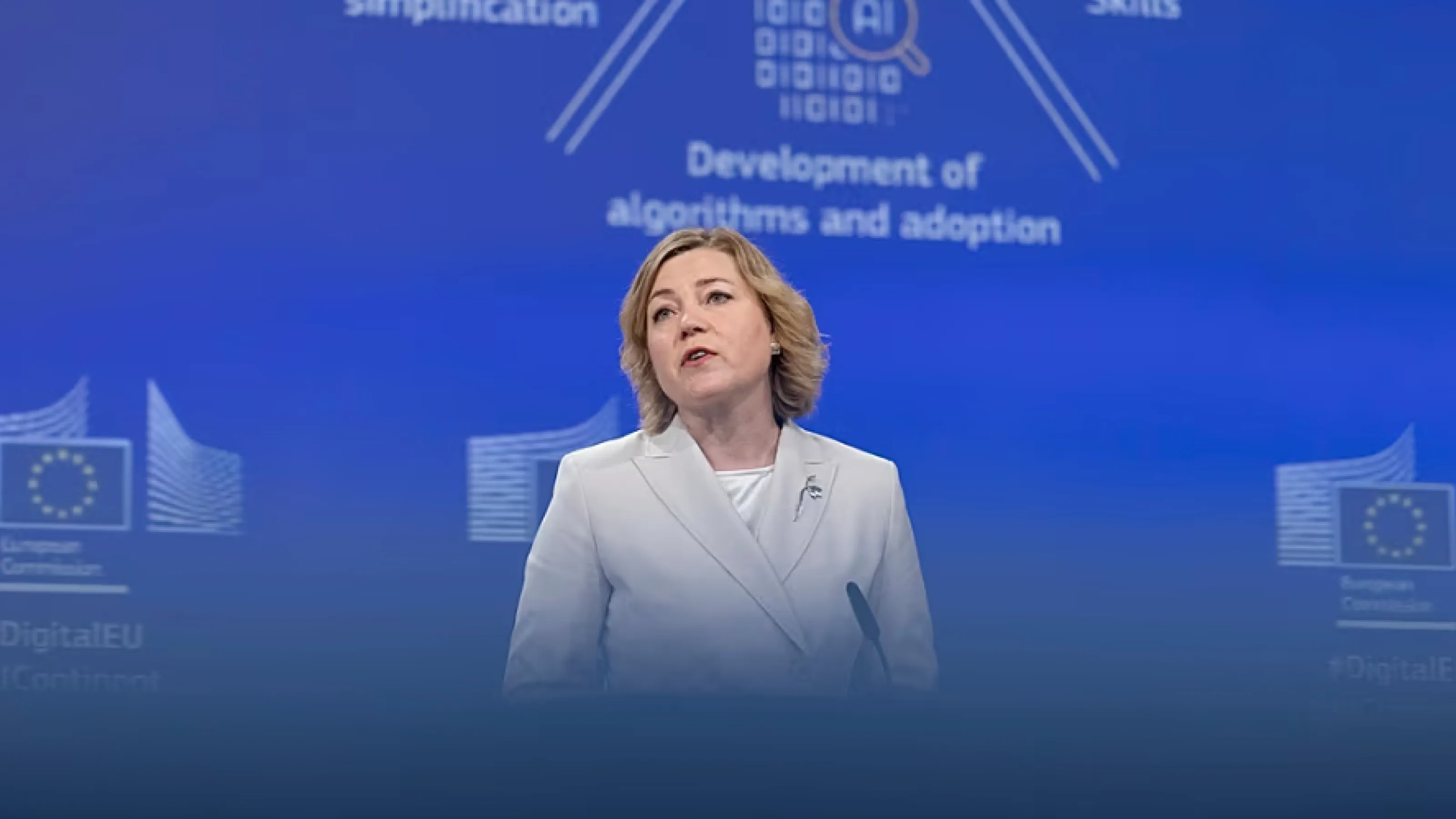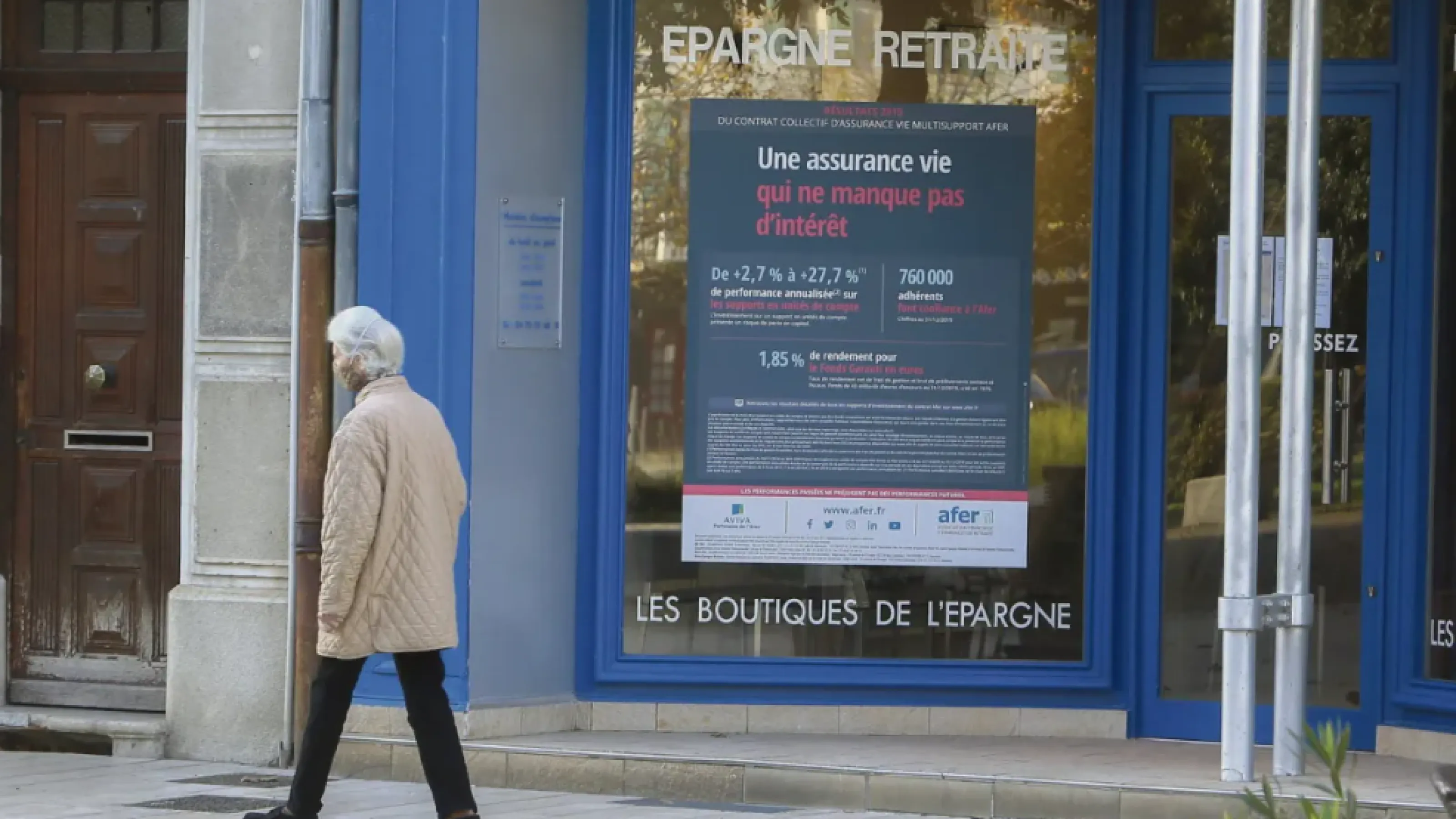by Luca Bertuzzi
The European Parliament’s economic committee (ECON) could table up to six amendments introducing significant changes to the law to regulate internet giants.
The leading negotiator for the Digital Markets Act (DMA), Andreas Schwab, requested no separate amendments be tabled during the plenary vote due on 15 December. The ‘truce’ works with all major political groups, except some isolated initiatives from the far-left.
The same cannot be said for the ECON committee, which, together with the industry committee (ITRE), is associated with the leading committee on consumer protection and internal market (IMCO). Associated committees can present amendments during the plenary and participate during negotiations with the EU Council and Commission.
Important parts of ECON’s opinion were incorporated in the compromise text brokered by Schwab. These include higher fines, data availability as a key competition issue, and the introduction of measures to stop killer acquisitions temporarily.
Still, ECON rapporteur Stéphanie Yon-Courtin is trying to influence the proposal further by proposing six amendments on enforcement, killer acquisitions, default settings, compliance officers, concentrations, and reporting requirements.
She is now waiting for feedback from her ECON counterparts, which will be admitted ahead of the deadline to table amendments on 8 December.
Committees had their chance
For Schwab, however, the two committees have had their chance to present their ideas throughout the negotiations.
“The fact that the group of shadows has decided to choose directions in the DMA that are different from the relevant vote of the other committees in the parliament, especially ITRE and ECON, means that their points had been integrated in the way the majority wanted it and the majority wanted not to take over exactly the position of the relevant committees,” Schwab told EURACTIV.
While ITRE has shown no appetite for further changes to the text, ECON’s Yon-Courtin was disappointed when just three of her amendments were admitted to the vote in IMCO. Despite opposition from Schwab’s own European People’s Party (EPP), all three amendments were adopted.
Although the three amendments were not game-changers, the IMCO vote shows that the ECON amendments should not be underestimated.
By contrast, for Schwab, “it’s not very likely that now amendments that don’t fit anymore with the compromises will find a majority.”
Amendments on the table
“The ECON committee aims at improving IMCO compromises by focusing on ECON core competence: competition, but does not aim at unravelling IMCO lengthy and hard negotiations,” Yon-Courtin told EURACTIV.
For the French lawmaker, the most crucial amendment clarifies the cooperation between the European Commission and the national competition authorities gathered in the European Competition Network, EURACTIV was told.
The amendment provides that the European Commission has to cooperate with the national competition authorities on concentration matters and conduct investigations for designating a gatekeeper into systematic non-compliance and new practices.
In supporting these investigations, national antitrust authorities would have the same powers as the Commission to request information, carry out interviews and conduct on-site inspections. The national authorities’ power would also be extended to monitor how the gatekeepers fulfil their obligations.
A source from the Socialists & Democrats (S&D) told EURACTIV that, although the group is yet to agree on a position, the centre-left MEPs could support the amendment. However, reservations were expressed because the text only refers to competition authorities, leaving out national regulators from the fields of consumer and data protection.
The source added that the social-democrats might also support the amendment on compliance officers. That would result in the European Commission appointing a compliance officer that will be paid and hosted by the gatekeeper to oversee the compliance to the DMA obligations.
Another important amendment would require the EU executive to analyse any takeover “from the perspective of discouraging so-called ‘killer acquisitions’ which prevent the emergence of potential challengers to gatekeepers, even if at the time of the acquisition the acquired company is not a significant player.”
These provisions are combined with stricter requirements on the type of information provided, which essentially revert the burden of proof on the internet giant.
The gatekeeper would have to explain why the concentration does not endanger the contestability of the relevant market, the type of data the bought company processes and how the takeover might impact the rights of consumers or business users.
The European Data Protection Board (EDPB) would also have to issue an opinion for the intended concentration of datasets, reinforcing the relationship between antitrust and privacy enforcers.
In addition, Yon-Courtin wants to open up the competition for pre-installed apps in key digital markets. Without jeopardising the functioning of the operating system, end-users would be able to change the default settings at any time from the moment of first use.
Many tech companies have asked the DMA to address default positions, considering creating an unfair advantage. Moreover, gatekeepers would not be able to use data produced with competing apps to inform their own services unless the data is made public.
The final amendment would require the EU Commission to report on the implementation of the DMA annually.
Link to the online article
 Stéphanie Yon-Courtin
Stéphanie Yon-Courtin



